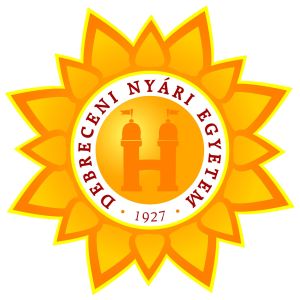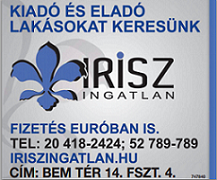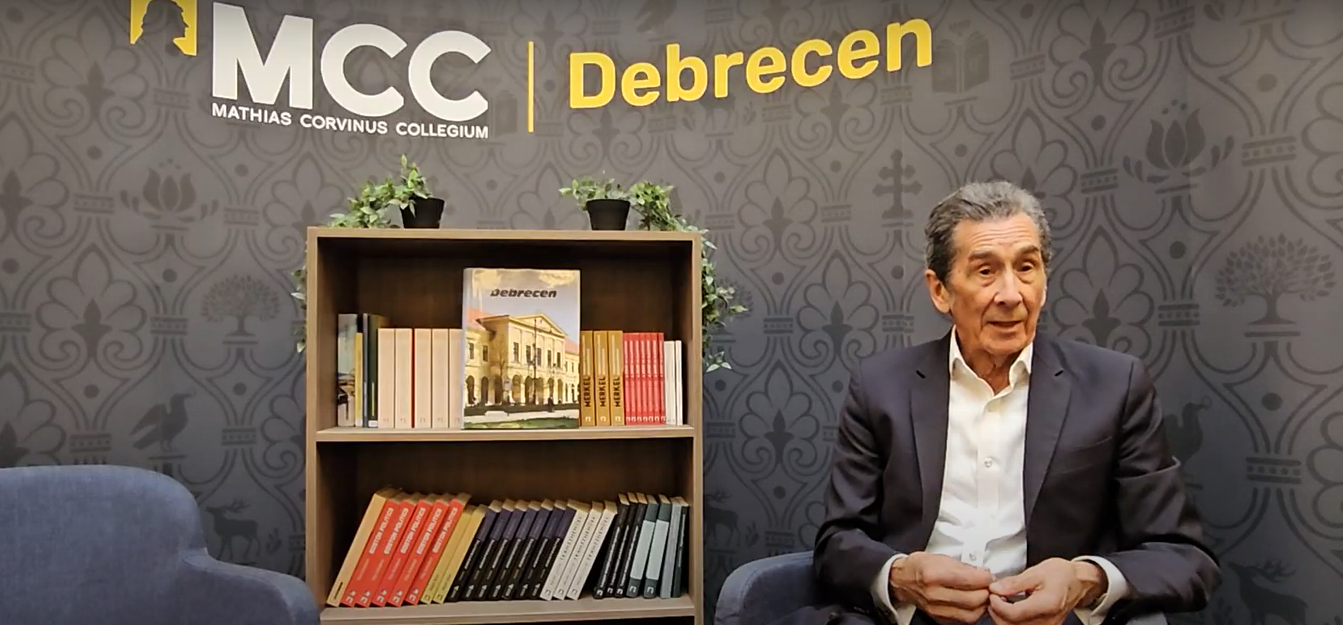In an in-depth conversation, Nicholas Tate, a renowned expert in curriculum development, shares his views on how education can shape national identity without slipping into nationalism, the role of classical knowledge, and the challenges facing modern education systems.
Interviewer: You have a remarkable background in curriculum development. Let me start with a big question: How should national identity be reflected in the school curriculum without it becoming nationalist?
Nicholas Tate: That’s indeed a crucial question. It’s perfectly legitimate and important for the school curriculum to provide the information and background people need to construct their own national identity. For example, in history lessons, students should learn the core narrative of their nation’s past—from its beginnings up to relatively recent times—without being forced to adopt a specific interpretation. The curriculum must show both the good and the bad aspects.
We often see an emphasis on the negative in English and U.S. history—such as the slave trade and the empire’s dark sides—without acknowledging the complexities or positive impacts. For instance, the British Navy spent a century working to abolish the slave trade worldwide after ending it in the empire. This balanced perspective allows students to form their own views.
This applies not just to history but also to literature and the arts, where national traditions should be recognized. While it’s important to develop global citizens aware of wider humanity, at the core of most people’s identities is still the nation, which should be reflected in the curriculum without being forced or indoctrinated.
Interviewer: In a country like the UK, where multiple identities coexist—English, Scottish, British, and diverse immigrant communities—how can the curriculum accommodate everyone?
Nicholas Tate: It’s extremely challenging. People in the UK often hold multiple identities. For example, many long-established immigrant communities like the Jewish community in North London strongly identify both with their cultural heritage and as part of England and Britain.
The education system has often been apologetic about imposing an English identity on immigrant communities, emphasizing multiculturalism instead. While respecting cultural traditions is fine, schools should primarily foster a civic sense of identity. If education had been more assertive about this, more people from immigrant backgrounds might feel equally English or British alongside their other identities.
Interviewer: What role do traditional classical subjects play in modern education?
Nicholas Tate: It depends on what one means by “classical.” Traditionally, in England, classical education involved studying the Greek and Latin languages and cultures, which were central until the late 19th century. Today, it refers more broadly to education focused on the transmission of knowledge rather than social or emotional learning or ideologies like gender theory or climate change activism.
Classical education aims to provide students with a broad base of knowledge and references to form their own judgments, rather than molding them into certain beliefs.
Interviewer: Do you believe there is a universal set of values that should underpin education systems?
Nicholas Tate: At a minimum level, yes. When I led England’s curriculum assessment agency in the 1990s, we created a national forum on values that included people from diverse religious and non-religious backgrounds. We found common ground on fundamental principles, which we then added to the national curriculum. Though often ignored in practice, it proved that shared values exist and allow for rational debate despite differing views on specific issues.
Interviewer: What do you see as the most critical mistake in recent educational reforms?
Nicholas Tate: The biggest mistake is neglecting knowledge transmission in favor of molding behavior and bringing community values directly into schools. Traditionally, schools offered a distinct space where children could sometimes unlearn negative influences from their home or community environments. Opening schools too much to community pressures risks diluting their educational purpose and makes them less inspiring places for learning.
Interviewer: How can education policy be evidence-based while respecting cultural and moral frameworks?
Nicholas Tate: There’s a limit to how far cultural frameworks should be respected, especially for newly established communities in a country. Schools should unify rather than separate students by communal pressures.
An example is a multicultural school in London, which refused to create separate Muslim prayer rooms, arguing that respect for cultural practices should happen outside school, while school activities should unify all students. This approach was upheld by the High Court and demonstrates the importance of a shared scholarly community.
Interviewer: How can schools teach moral values without imposing a particular worldview?
Nicholas Tate: Schools inevitably have some worldview, as they must enforce rules and standards to avoid chaos. However, it’s vital not to indoctrinate students with narrow ideologies, such as dismissing global citizenship or focusing only on gender theory or climate change. Free debate should be encouraged, teaching students to respectfully disagree and coexist despite differences.
Interviewer: The UK education system reportedly has disparities by region and socio-economic status. How does this affect access?
Nicholas Tate: It’s true that better schools are often located in middle-class areas with rising house prices, partly because families move into these zones to secure school places for their children. This creates inequality, with some regions, especially outside London and the South, facing worse educational outcomes and deprivation.
Interviewer: Finally, what educational trends do you find promising and concerning?
Nicholas Tate: Concerning trends include teacher shortages and the infiltration of progressive ideologies in teacher training, which can undermine traditional knowledge. There is a significant turnover among teachers, meaning many new teachers are steeped in these approaches.
On the positive side, there is a grassroots reaction against these trends, particularly in Scotland, where parents and teachers are pushing back against the erosion of academic excellence and the imposition of gender ideology.
(N. Nagy Sándor)


















